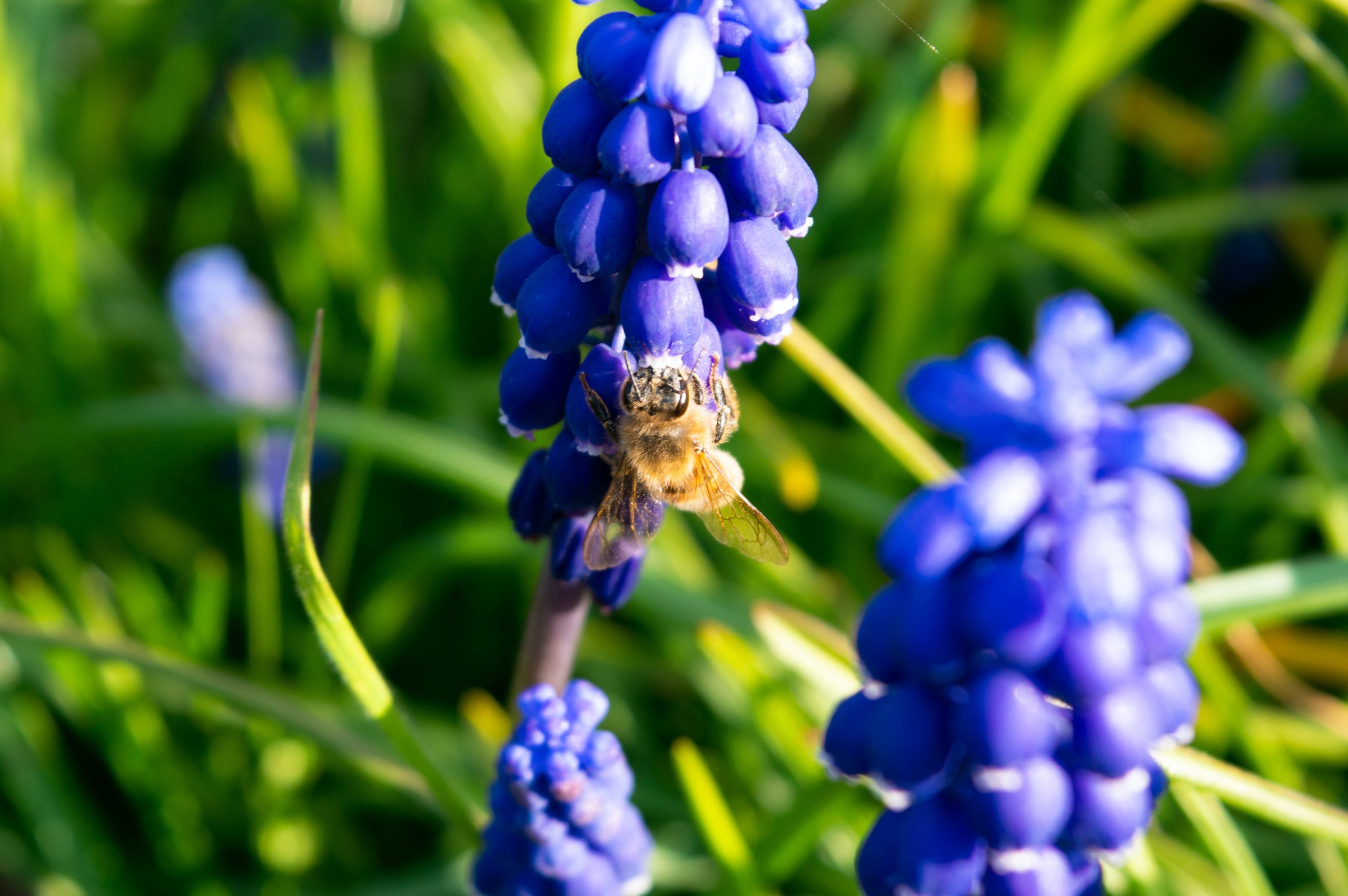Pesticides have been widely used in agriculture to protect crops and increase yields. However, the environmental impact of pesticides is a growing concern as they can harm non-target organisms and pollute waterways. Fortunately, science has been making strides in reducing this impact through innovative techniques and technologies. In this blog post, we’ll explore how science is helping to minimize the environmental effects of pesticides while still ensuring food security for our growing population. So buckle up and get ready to learn about some exciting breakthroughs that are paving the way towards a more sustainable future!
The Problem with Pesticides
Pesticides are chemicals used to protect crops from pests, weeds and diseases. While they have been instrumental in increasing crop production, their use has raised concerns about the impact on human health and the environment.
One of the main issues with pesticides is that they can harm non-target organisms such as bees, birds and other beneficial insects. These organisms play a vital role in pollination and pest control, making them essential for ecosystem functioning.
Another issue is pesticide runoff into waterways which can lead to contamination of drinking water sources. This poses a risk not only to humans but also aquatic plants and animals.
Furthermore, some pesticides have been linked to negative impacts on human health such as cancer or birth defects when exposure occurs at high levels over prolonged periods.
In addition, pests can develop resistance to pesticides over time requiring even more potent chemicals or higher doses which further exacerbates environmental problems.
How Science is Helping to Reduce the Environmental Impact of Pesticides
Science is playing a crucial role in reducing the environmental impact of pesticides. Innovations in pesticide technology are making it possible to reduce the amount of pesticides used to protect crops while still achieving effective pest management.
One such innovation is integrated pest management (IPM). IPM combines various techniques like crop rotation, biological control, and targeted chemical application to manage pests effectively without harming the environment. Farmers who adopt this approach can significantly reduce their use of pesticides by up to 90%.
Another remarkable breakthrough has been the introduction of precision agriculture technologies that allow farmers to precisely apply chemicals only where they are needed. This means less waste and reduced exposure for non-target organisms.
Moreover, researchers are also developing alternative methods for controlling pests that do not rely on toxic chemicals. Such methods include using natural predators or engineering plants with naturally occurring toxins harmful to specific pests.
Science continues to make great strides towards reducing the environmental impact of pesticides through innovative solutions such as IPM, precision agriculture technologies, and alternative pest control methods. Ultimately these innovations will help us achieve more sustainable agricultural practices while protecting our planet’s ecosystem.
What You Can Do to Reduce the Environmental Impact of Pesticides
Reducing the environmental impact of pesticides isn’t just limited to the efforts made by scientific researchers and manufacturers. As an individual, there are several steps you can take to minimize your contribution to this issue.
One way is to opt for natural pest control methods instead of relying on chemical pesticides. You can try using companion planting, crop rotation or even introducing beneficial insects like ladybugs and lacewings into your garden.
Next, be mindful of how much pesticide you use on your plants or crops. Always read and follow the label instructions carefully before applying any product. Avoid overuse or unnecessary applications as that contributes significantly to environmental pollution.
Another effective measure is proper storage and disposal of pesticide products. Ensure they are kept in a cool, dry place out of reach from children or pets. When it comes time for disposal, never pour leftover pesticide down the drain or throw empty containers in regular trash bins.
Remember that every little effort counts towards reducing the overall impact of pesticides on our environment. By practicing small changes such as these consistently, we can collectively make a big difference in preserving our planet’s health for generations to come.
Conclusion
The use of pesticides has been a controversial issue due to their harmful effects on the environment. However, science is playing a significant role in reducing these adverse impacts. Researchers are continually developing new techniques and products that can protect crops from pests while minimizing environmental damage.
As consumers, we also have a vital role to play in protecting our planet. By making conscious decisions such as buying organic produce or supporting farmers who use environmentally friendly pest control methods, we can help reduce the overall impact of pesticides on our ecosystem.
It’s essential for all stakeholders involved in agriculture to work together towards sustainable farming practices that prioritize both crop protection and environmental conservation. Through collaborative efforts between scientists, farmers and consumers alike, we can create a healthier and more sustainable future for ourselves and generations to come.










